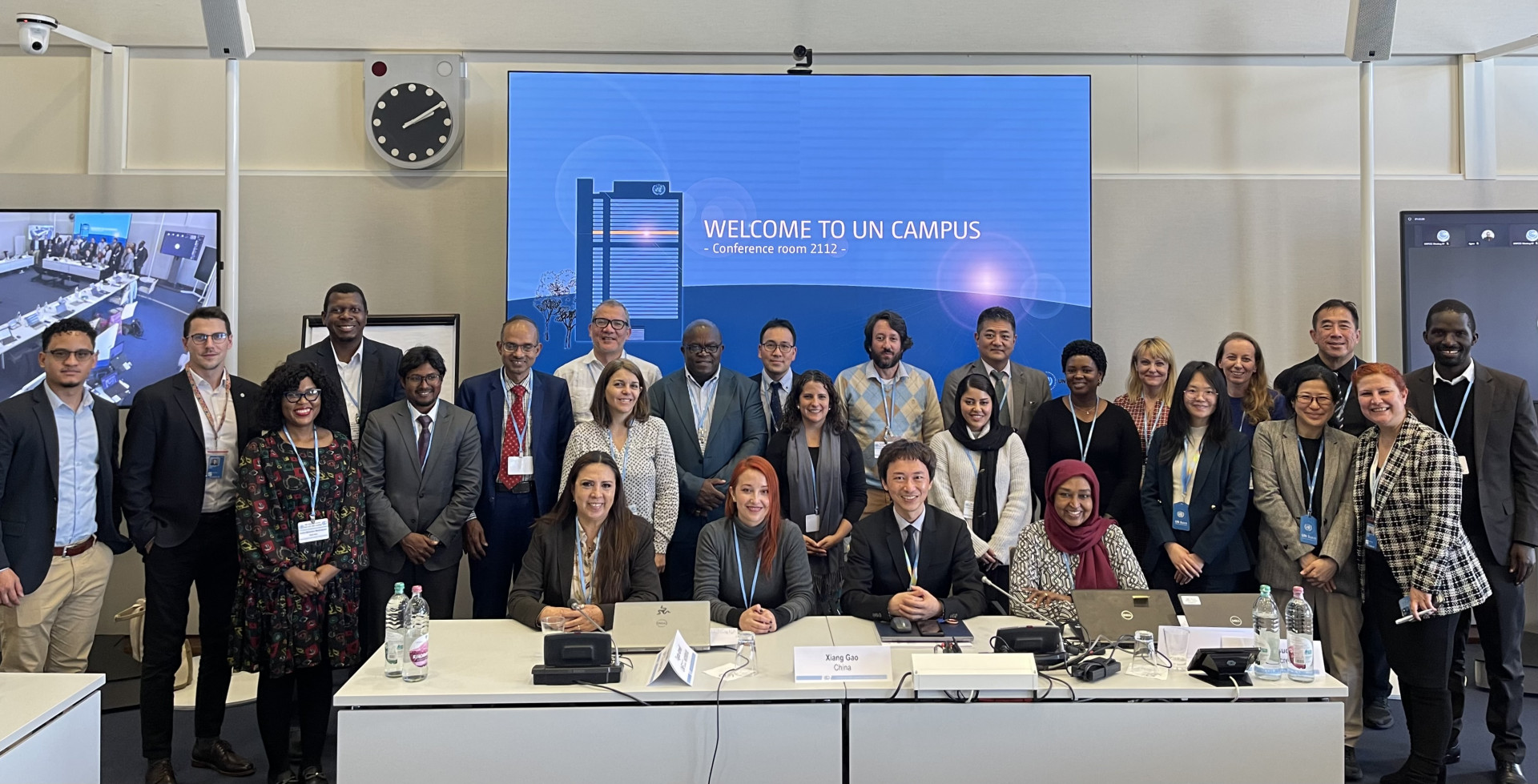UN Climate Change News, 06 March 2024 - This year is key for the implementation of the enhanced transparency framework (ETF) as countries must submit their first biennial transparency reports (BTRs). The 6th informal forum convened in February by the Consultative Group of Experts (CGE) brought together more than 150 participants from developing countries, national experts from Andorra, Armenia and Ghana, and support providers such as CBIT-GSP, FAO, ICAT and UNDP to exchange insights on BTR preparation. The discussions also informed the CGE's 2024 workplan to support developing countries.
Under the ETF, Parties are required to submit BTRs every two years, with the first submission due by 31 December 2024. BTRs are crucial for tracking progress under the Paris Agreement and upholding commitments to limit global warming to 1.5 degrees Celsius.
"Support to developing countries is critical to facilitate successful implementation of the enhanced transparency framework, and the CGE will support developing countries in their transparency endeavours," said Xiang Gao, CGE Chair.
Nabeel Munir, Chair of the Subsidiary Body for Implementation (SBI), said: "Transparency enables an honest global climate conversation about areas of progress and impactful results. It encourages all to do more." He commended the CGE's 25-year-long contribution to providing developing countries with transparency advice and support, and highlighted how critical it is for this support to continue.
The forum showcased the most recent CGE capacity building needs assessment report, which highlights availability of quality data, collection processes and technical capacity, tools and institutional arrangements as the top challenges for developing countries when reporting on climate actions and support needs. Building institutional capacity, particularly for least developed countries and small island developing states, and providing practical tools and methods were also identified as crucial areas for improvement.
The forum also highlighted presentations from developing countries and held brainstorming sessions with support providers. Emphasis was placed on aligning support with developing countries' challenges and priorities, fostering dialogue and avoiding duplication of efforts.
Donald Cooper, Director of the UN Climate Change Transparency Division, praised the CGE for its commendable efforts over the years supporting developing countries on transparency matters, which has earned extensive appreciation from Parties. He encouraged the CGE to maintain the positive momentum of its work.

After drawing the informal forum to a close, the CGE held its 11th meeting and developed its 2024 workplan.
The workplan sees the CGE's technical support focusing on the use of ETF reporting tools and promoting peer learning and review for preparation and submission of the BTRs. The CGE will also strengthen its communications, outreach activities and collaborative efforts with other expert groups and organizations. As part of these efforts, the CGE will work with the Paris Agreement Implementation and Compliance Committee (PAICC) to ensure a clear understanding of BTR submission deadlines and associated procedures, for the timely completion of BTRs by developing countries.
All of this will pave the way for developing countries to gain experience, improve the quality of their transparency reports and submit their BTRs before the end of 2024.
Jigme, Manager of the Transparency Division, reaffirmed the secretariat's commitment to helping the CGE advance its mandate.
Established in 1999, the CGE is mandated to provide technical advice and support to developing country Parties for enhancing their institutional and technical capacity to prepare and submit national communications, biennial update reports, national greenhouse gas inventories and BTRs, as applicable, with a view to facilitating improvements in their reporting over time.






